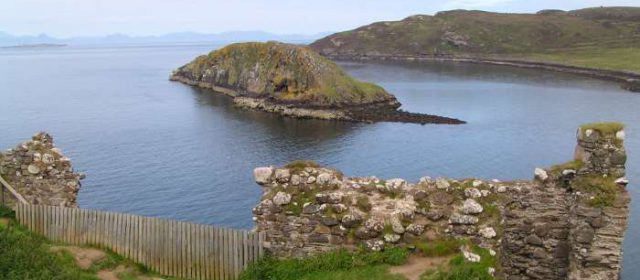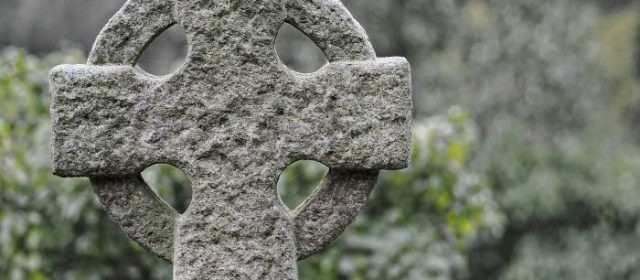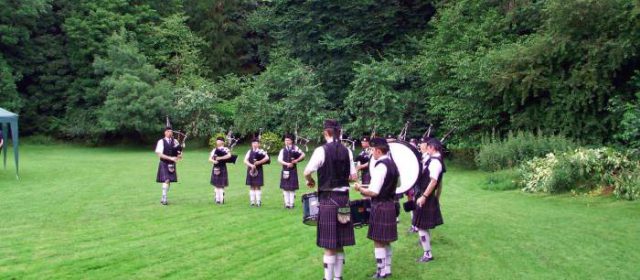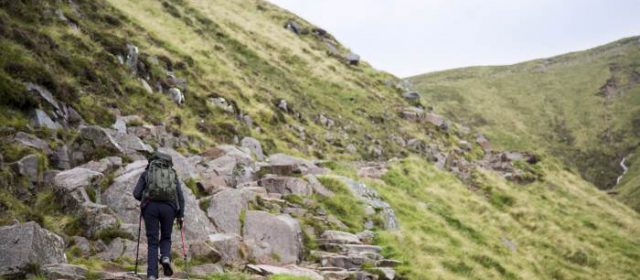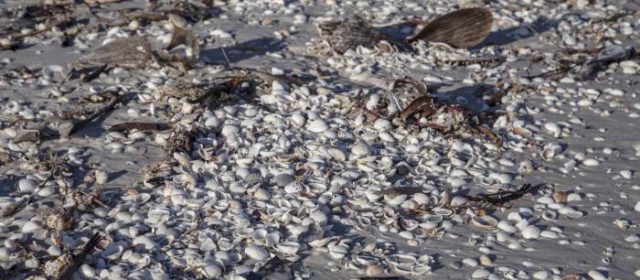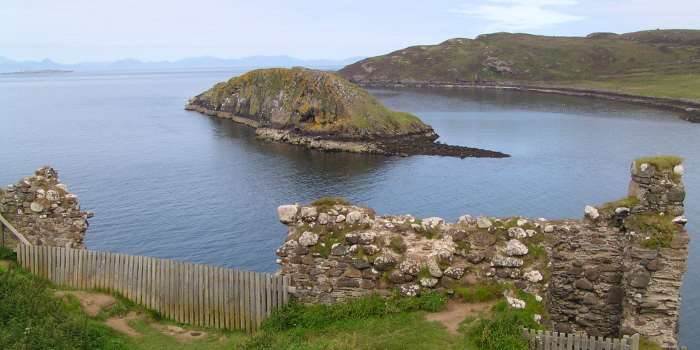
To many people, the Outer Hebrides is a name that gives no clue to what it is or where it is located. I used to be one of those people until my “curiosity spark” decided that I had to do a full research on the subject, and so I discovered a place that at first glance looks very uncomplicated, yet possesses a deep-woven heritage, cultural mysteries, and a whole lot of history. Today, we look at how things are going and will go in the future for the Western Isles off the coast of Scotland.
A Legislation That Marks Progress
Although separated by hundreds of miles of sea, the Island communities are tightly knit among one another, and earlier this year, a significant event marked the beginning for the development of all Scottish island communities. It was the peculiar case with the Shetland islands – it was because they were positioned far away from the mainland, every publisher in the UK depicted the island peninsula in a box.
After the community decided that it was time to make a stand, the UK government accepted a legislation that makes all map publishers, depict the islands in their correct position. The island communities took a stand, and even officials of the Outer Hebrides noted, that this legislation was a statement that island societies shouldn’t be put under “one size fits all” rules even when it’s on a map.
Marine Discoveries
While the Outer Hebrides isn’t a very popular destination, that doesn’t mean that they aren’t special. This year, a new type of dolphins near the shore of the “Butt of Lewis” was discovered, providing a plethora of opportunity for additional marine life research. The hybrid dolphin was thought to be a cross breed between a bottlenose and a Risso dolphin. It was spotted in a pack of bottlenose dolphins but also had visible characteristics that attributed it to the Risso type as well.
Education in the Outer Hebrides
As a territory that doesn’t have a large number of inhabitants, it is only natural to see that the Hebrides don’t have so many education centers. The islands have two primary schools, two secondary schools, and two universities. It is noteworthy to mention that despite the number of those education centers is low, all of them have many disciplines that focus on the cultural heritage of the land, native sports, and of course, language.
Much More is Coming
Government funding programs, job openings, projects – this and so much more is in store for the Outer Hebrides. I closely follow what is happening in the Western Islands, so you can be sure that whatever comes fresh-off-the-press, will be presented here. Make sure you check out this website to learn about the latest in tourism, economics, educational programs, sports events and a whole much more.
Read More
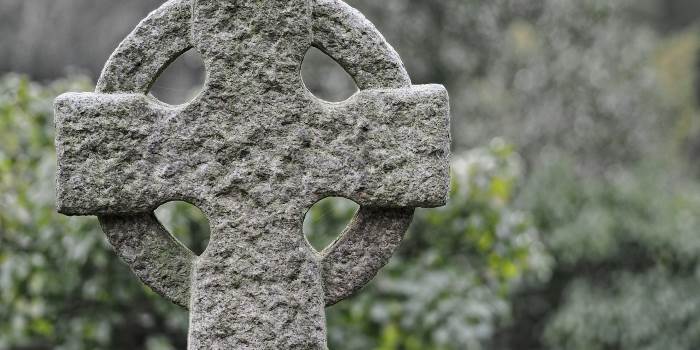
It is quite fascinating that one would always find the most religious groups of people in places that tend to be isolated from the mainland. No matter what the type of religion is, society always clings to it, in order to retain some kind of “hope” when disasters or hardships strike. It all makes sense now – people living in isolated areas are often challenged by the natural factors there and believing in something greater than yourself can help you in the long run.
Pre-Modern Beliefs
While there isn’t much record about the deities people worshiped in those times, there is enough evidence to suggest that society in the Western Isles followed teachings based on Celtic Polytheism. Stemming from Irish mythology, folks in those days associated aspects of nature with the divine, and attributed climate changing events to supernatural powers. Today, the only thing that remains of those pagan days, are a few annual celebrations which are connected to gathering flowers and dancing to the tune of folklore music.
Christianity Has the Deepest Roots
A study was done years ago, providing the history books with an interesting statistic. Around 42% of the population stated to being affiliated to the Church of Scotland. 13% claimed to be of the Roman Catholic denominations, while the other 28% stated that they worshiped under other Christian teachings. There are also other denominations, but the Outer Hebrides are known to follow a combination between Catholic and Episcopalian traditions.
Muslim Worshipers also Find a Place Here
The Outer Hebrides saw their first Muslim worshipers after 1950 when workers arrived in the Western Isles. While in the beginning sermons and prayers were being held in private homes and rented areas, a historic event marked the creation of the very first mosque before the start of the holy month of Ramadan. With permission of city council, the Muslim community of Stornoway had bought an old ruined building and converted it to an official place of worship.
In the newly built Mosque, the tiny Muslim community finally had a place where they could attend sermons, as well as perform their religious rituals on the bodies of the dead members of their community. The mosque was created with funds gathered from donations from all around the world, and the complete renovation of the building took only a few weeks.
Everyone Lives Peacefully
Perhaps due to the small population of the Outer Hebrides, there is no quarrel between different religious groups – in fact, things are quite the opposite. All religious groups seem to respect each other, and members from different groups have been invited to attend some of their respective celebrations. This is indeed a very unique and positive occurrence, as economic issues are present here, but they are not defining the relationships of different cultures.
Read More

I’ve noticed something very interesting when researching places with a relatively small population. The number of residents seems to decline at a low, yet steady pace. While this claim may be supported by statistical evidence, there are always exceptions. In this article, I will present a variety of facts and statistics that will shine some light on the current situation of the isles. Keep on reading!
Forged in Conquest
Historic records provide us with information that dates back to as early as the 8th century. Throughout many years, the Outer Hebrides were under Norse control, Scots rule, and now under the government of Britain. The ancient royal Nordic families ruled over the isles for more than 3 centuries,
The Earliest Recorded Numbers
Put in a historical perspective, the first number depicting the number of people on the isles, was 36,319. This was in the distant year of 1861, and today things have drastically changed. Over the next 40 years, the Outer Hebrides saw their biggest rise in population – a whole 27.1%, which is almost 10,000 people. After reaching a peak of 46,172, the demographic ration started its slow decline.
Only fifty years later, the Outer Hebrides had lost almost 23% of its residents. Subsequently, this decline didn’t stop and in the next two decades, the percentage was -16.7%. In 1981, there was a rise of +2.7%, however, another decline was recorded twenty years later, which was -14.1%. The last official statistic for the population of the Outer Hebrides was released in 2011, and it had shown a rise of +4.5%, putting the population number at 27,684.
Reasons for Population Decline
The Outer Hebrides are known for their relatively cold weather, but atmospheric conditions are hardly why there is a steep decline in the number of residents. The lack of job, education, and other various types of opportunities have caused a lot of young people to immigrate over the course of a hundred years. While some people would choose to return later, they are in not such a greater number.
The Main Demographic
More than 60% of the current population is identified as Gaelic speakers, but that doesn’t mean that they are the only natives of the Hebrides. A small percentage of the inhabitants are also immigrants from other countries; while the job markets in the western isles aren’t quite diverse, adds for specific positions seems to be attracting applicants from all of the UK, and in some cases from other countries.
The Future is a Mystery
While indeed the population is getting thinner every year, we will have to wait until the year of 2021 to see how the population of the Western Isles has changed. Given the fact that times are better these days, it won’t come as a surprise if there is an increase of residents.
Read More

Every culture has their celebration events, and so do the Outer Hebrides as well. They are usually held in North Harris, hence the name of the annual event – the Isle of Harris Mountain Festival. Given the fact that the isle itself is quite mountainous in nature, activities usually consist of walks, water sports, races, etc. Participants of all age groups are accepted, and the entire festival is known to be quite spectacular.
The Mountain Race
The Biggest sporting event held in the Outer Hebrides is called the Harris Mountain Race. This year, it involved 740 participants who made their own route among checkpoints. The information about those checkpoints was kept confidential until the last minute of the race, so no participants would be able to provide themselves with an unfair advantage among other participants.
The terrain itself is known to be quite difficult, and this is why it is preferred by many mountain runners. In fact, entire elite teams from all over Europe come to the Outer Hebrides to participate in the Harris Mountain Race. The Alpine Mountain Marathon welcomed its runners with warm weather, and organizers warned people to stay properly hydrated at all times. The runners were released from four different locations, with the objective of reaching the first point.
Football and Much More
The Western Isles have their own football leagues which hold events on a regular basis. Rugby Union is also a very highly regarded sport, passionately followed by all native residents. There are also a couple of golf courses on the largest islands, that also host their own tournaments, but that doesn’t come as much of a surprise since the origins of modern-day golf are traced to Scotland.
Looking Towards the Landscape
There are a few other sporting activities organized by the local communities, which are usually connected to the geology of the land itself. Because of this specific, any sporting and celebratory events are usually held in certain months of the year, as the weather can become quite tricky.
The Social Factor
Due to a number of reasons, all types of sporting events and festivals are highly anticipated by both visitors of the Isles, as well as by the native residents. Getting together in large groups isn’t something that happens very often in the Outer Hebrides, so events are considered to be a “breath of fresh air” especially for those communities that feel more or less isolated.
Communities Expand Their Sporting Programs
While there is participation in all local sporting events, more and more teams prepare and qualify for bigger tournaments outside of the Western Isles. This shows the need of different athletes to represent their native land and bring not only achievements in the sport they are participating in, but also bring awareness and interest to the mystical and beautiful islands of the Outer Hebrides.
Read More
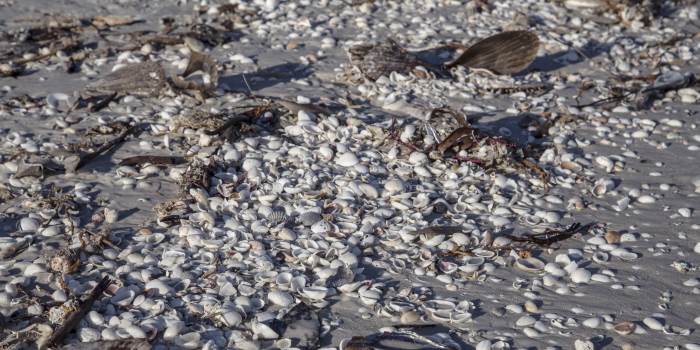
Even if there is a place on Earth where issues don’t exist, I haven’t heard about it. The Western Isles face their own daily problems and try to deal with them the best they can. In some cases, the geographical position of the isles themselves, seem to contribute to the challenges endured by the people. In this segment we are going to take a look at some are the common issues the population of the Outer Hebrides face, and how they deal with it.
Environmental Issues
There have been many reports of high-level toxin present in shellfish. The FSS administration (Food Standards Scotland), has warned the population of the Outer Hebrides to refrain from eating razorfish, mussels, and cockles. The toxin levels were due to the increase of native levels around the coastline. Due to that fact, commercial businesses were also notified to stop fishing for any shellfish. Marine conditions are monitored on a daily basis, so once the algae levels have subsided, fishing will be allowed to resume.
Wildfires are another recurring disaster that can go on for days, destroying not only land but also protected woodland, farm animals, scientifically significant flora and fauna. Especially in the rural areas, the damage done by wildfires can permanently damage the livelihood of entire families. Due to frequent dry spells, even a ball of grass can turn into tinder for the smallest spark.
Trouble with Transport
The availability of a proper transportation system on the Isles has been an issue for a long time, and it still has not been resolved properly. This fact alone delivers a sense of social isolation from different cities and villages. Building a proper transport infrastructure is difficult because of the small population of the Outer Hebrides.
Pollution is a Classic Problem
One of the main problems of the Western Isles is pollution. Flytipping is considered to be one of the very worst forms of pollution, along with dog fouling, littering, flyposting and graffiti. Recently, awareness groups have tried to tackle these issues with moderate success, which is still significant.
The State of the Overall Economy
The Outer Hebrides have a staggering amount of rural areas. Due to the lack of a native industry and general lack of jobs, a lot of people make a choice to live as crofters in rural areas and make ends meet by working their land and caring for livestock. The Scottish government does provide some funding for local organizations that are commissioned to provide the different type of aid for those who need it.
Improvement is Around the Corner
A lot of people from other countries decide to dedicate their profession and time in order to help the community. New opportunities constantly arise, and the communities seem to help each other to successfully go through tough times. While slow progress is still progress, if things could go a little bit faster it would be most appreciated by the entire population of the Outer Hebrides.
Read More


